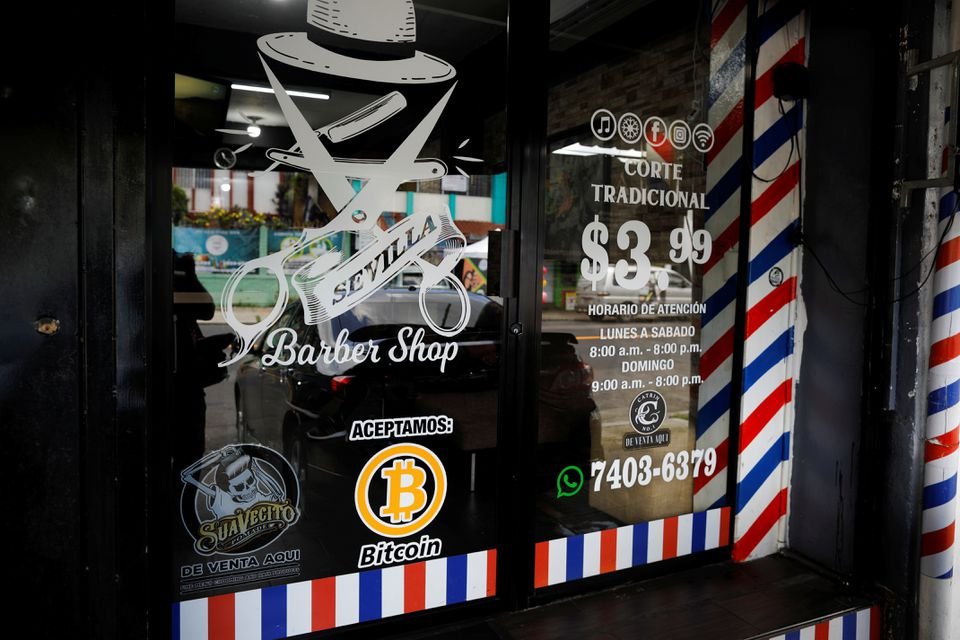El Salvador on Tuesday became the first country in the world to adopt bitcoin as legal tender, which it claims will cut supply costs by billionmillions dollars sent abroad. But critics warned it could fuel money laundering.

Led by the young, charismatic and popular President Nayib Bukele, the plan aims to allow Salvadoran savings of $ 400 million a year in remittance commissions, mostly from the United States.
Last year alone, remittances to El Salvador totaled nearly $ 6 billion, or 23% of its gross domestic product, one of the highest in the world.
Polls show that the Salvadsterms are wary of both the use of bitcoin and the cryptocurrency's volatility, which critics say could increase regulatory and financial risks for financial institutions. However, some residents are optimistic.
El Zonte is part of the so-called Bitcoin Beach which aims to make the city one of the first bitcoin economies in the world.
Ahead of its launch, the government has already installed Chivo digital wallet ATMs that will allow the cryptocurrency to be converted into dollars and withdrawn without commission, but Bukele on Monday made sure to temper public expectations for a quick Results and asked citizens to be patient.
On Monday, El Salvador bought the first 400 cryptocurrencies, temporarily pushing the price of bitcoin 1,49% higher (the exchange rate reached $ 52.680). Cryptocurrency is typically volatile. This spring, its price exceeded $ 64,000 in April and dropped to almost $ 30,000 in May.
Analysts fear the move to make bitcoin a legal tender alongside the dollar USA could cloud the prospects of El Salvador's bid to seek a more than $1 billion financing deal with the International Monetary Fund (IMF).
After Bukele's bitcoin law was passed, Moody's downgraded El Salvador's credit rating, and the country's dollar-denominated bonds came under pressure.





